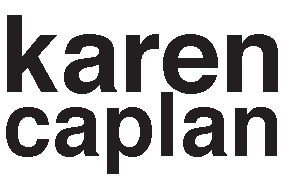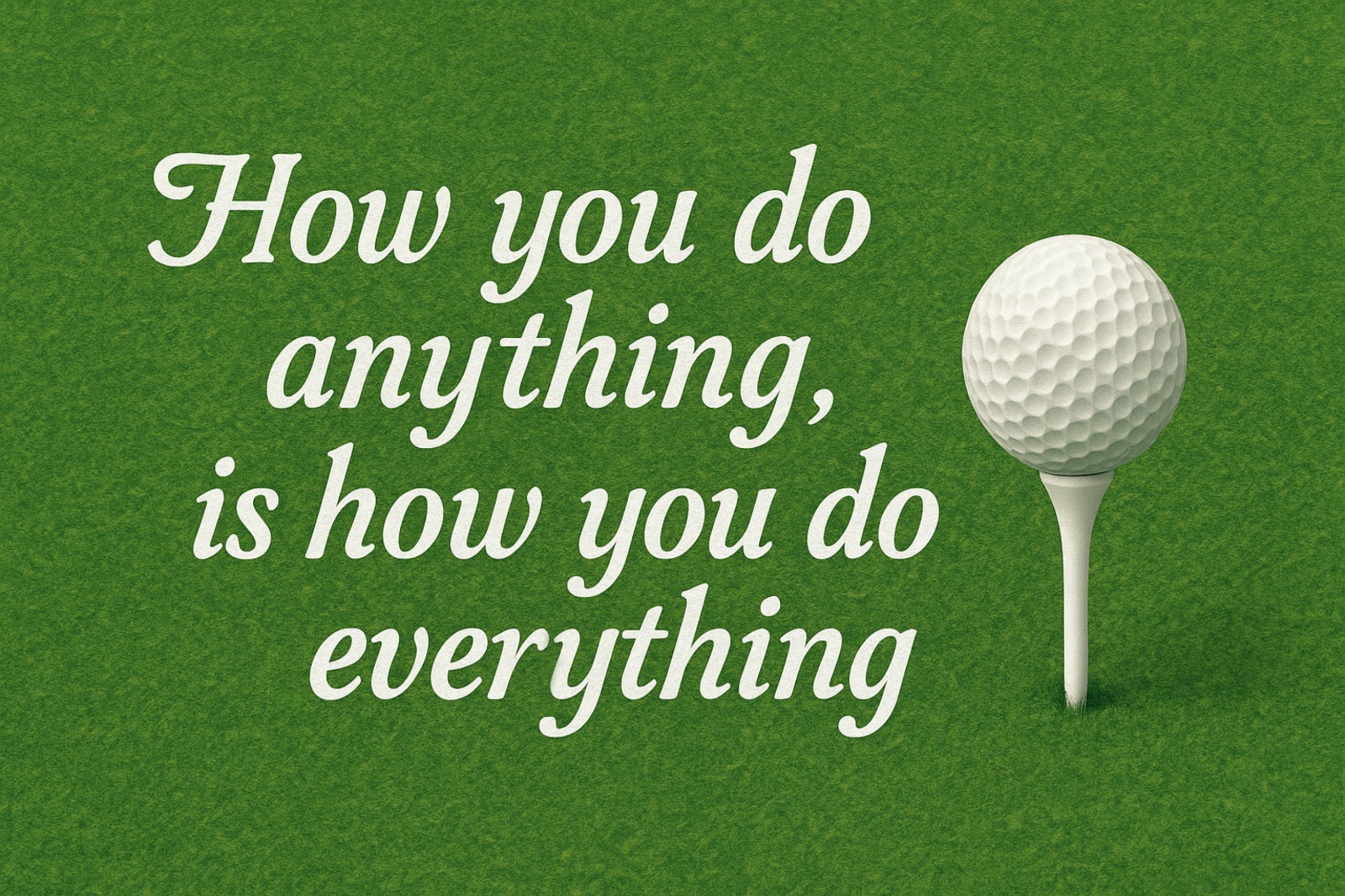As the end of the year creeps up on us, most company employees have this on their minds: Are we going to get a bonus and/or a raise?
Related to this is the dread of giving or getting a performance review. I mean, no one likes performance reviews. If you’re a manager, you probably take a deep breath before filling out the form your company provides for reviews. And if you’re an employee, it’s always tough to mentally prepare for your feedback session. I mean, will you be able to speak your mind, or will it be a one-way conversation?
Managers complete reviews for every one of their direct reports. And I’m sure there are some pieces of (constructive) feedback that haven’t been given during the year that have been piling up and now the day of truth is here. None of us have perfect employees and telling the truth about someone’s performance is actually the kindest thing to do. It’s not kind to the employee, or to your company to kick the can down the road, and give satisfactory ratings across the board, just so you don’t have to deal with the reaction to honest feedback.
There are so many ways to give feedback, and from my experience, the best feedback is given frequently. NOT just at an annual performance review. That’s why I’m a fan of quarterly check-ins.
More than a decade ago, my company implemented quarterly performance reviews. The forms were less complicated and tedious than the old annual review forms and there was room for the employee to share their list of accomplishments, their goals and to request support, training etc. from their manager.
The REAL point of the quarterly reviews was to be sure that there was a system to ensure that employees got to meet regularly with their supervisors to have a dialogue. Not a monologue of just the manager doing all the talking.
So, what happens when there is a companywide system and process for quarterly performance reviews?
Better communication, between managers and their direct reports.
An opportunity for more accountability that gets measured and readjusted every 90 days (instead of just once a year).
And better company performance. Imagine, if you are an employee and get a chance to report on your own accomplishments each quarter, you are guaranteed a one-to-one meeting with your manager every 90 days and you can demonstrate your progress. Then at the end of the year, you aren’t wondering if you are going to get a raise or a bonus.
If you are meeting with your manager quarterly, discussing agreed upon KPIs, and hitting or exceeding your numbers, then you have quite a story to tell your boss. A positive story.
If you’re reading this newsletter, then I’m hoping you are the kind of person who is looking forward to writing your self-evaluation. You know what your goals for the year were, you have specific KPIs to accomplish and frankly, you are goal-oriented and exceeded most of your goals.
And what if your company doesn’t offer performance reviews and conversations? What if you work at an “old school company” where someone at the top decides who gets raises, and who gets bonuses and it is mostly subjective, with a little bit of favoritism thrown in?
Then I recommend getting ahead of things for next year and approaching your boss about putting together a performance-based system with specific goals for you in your position, with rewards (bonuses and raises) tied to achieving your goals. Sometimes as an employee, you can help your company owner or manager see the benefits of such a system. Who knows, this may create a new opportunity for you to take a bigger role in your department or the company.
If you are wondering if you are getting a raise or bonus this year, I suggest the best approach is to ask your boss, “Will there be a time before month-end to talk about my remuneration for the upcoming year? I’ve prepared a list of my accomplishments and would love to share them with you.”
Get that list of accomplishments done and be sure to include at least 10 things you’ve done that benefit the company significantly. Send it to your manager ASAP. It will be a great way to jump start the conversation.
Onward and upward,

If you’re enjoying what you’re reading, please consider recommending it to others. They can sign up here





